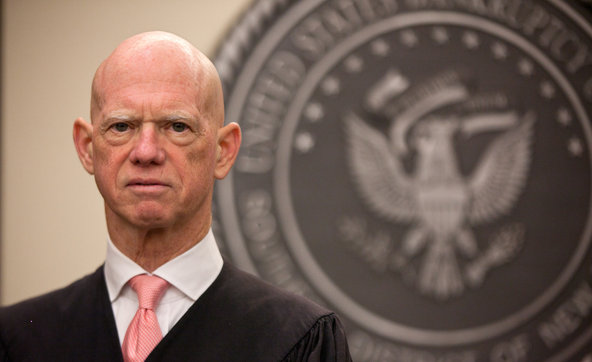The union’s leaders agreed in June to create the single regulator under the aegis of the European Central Bank. Shortly afterward, the European Commission proposed phasing in the system starting Jan. 1.
But sharp divisions have emerged among member states over how many of the 6,000 banks in the euro area should be covered by the new system; how to ensure that countries outside the system have a way to rebuff regulations they dislike; and how to ensure that the central bank keeps monetary policy separate from its decisions on bank supervision.
As ministers struggled to reach agreement during their regular monthly meeting here Tuesday, Wolfgang Schäuble, the German finance minister, refused to support one of the key demands of Britain — far-reaching changes to voting procedures on another banking body, the European Banking Authority, to ensure that lenders based in London continue to be governed by the British government.
Mr. Schäuble also underlined his concerns that placing so much supervisory power with the E.C.B. could lead the central bank to compromise its decisions on monetary policy.
“In the long run, you will damage the independence of the central bank,” warned Mr. Schäuble, who added that solutions still needed to be found to address the issue.
As the public deliberations drew to a close, finance ministers planned to reconvene Dec. 12 in order to continue their discussions on the single banking supervisor.
Germany has warned repeatedly that rushing ahead with creation of the single supervisor would risk creating additional regulatory loopholes in Europe. And the German domestic banking sector, in particular local savings banks, or Sparkassen, has recoiled at the prospect of more rigorous supervision by the central bank.
“I think it would be very difficult to get an approval by the German Parliament if you would leave the supervision for all the German banks to European banking supervision,” Mr. Schäuble said. “Nobody believes that any European institution will be capable to supervise 6,000 banks in Europe.”
That is not the view of Spain and France, which have sought to speed up creation of the new regulator and give it a broad mandate, and Spanish and French ministers warned Tuesday that foot-dragging could prompt a return of acute financial pressures in the euro area.
“If we are not able to deliver in the dates we have committed, this will not be neutral in terms of the stability of the markets,” Luis de Guindos, the Spanish economy minister, warned during the meeting. That sentiment was echoed by Pierre Moscovici, the French finance minister, who told the meeting that establishing the system was “essential to solve the euro crisis.”
French officials have stressed the need for a system that covers all euro-area banks rather than placing them mainly under national regulation with only occasional intervention from the central supervisor when required.
They have warned that any sudden intervention by the E.C.B. into the affairs of a bank under national regulation could raise alarm among investors and depositors and even lead to bank runs.
For Spain, stricter supervision was supposed to be the condition for using European funds to bail out its troubled banks directly and a way to avoid accumulating more sovereign debt.
But Germany is the biggest contributor to the bailout funds, and establishing the system could oblige Chancellor Angela Merkel to dip into that pot before national elections in Germany in September. Such aid could be an election issue because German citizens have grown weary of paying most of the bill for bailouts, and they are wary of using more money to help banks in vulnerable Southern European countries.
Article source: http://www.nytimes.com/2012/12/05/business/global/daily-euro-zone-watch.html?partner=rss&emc=rss
